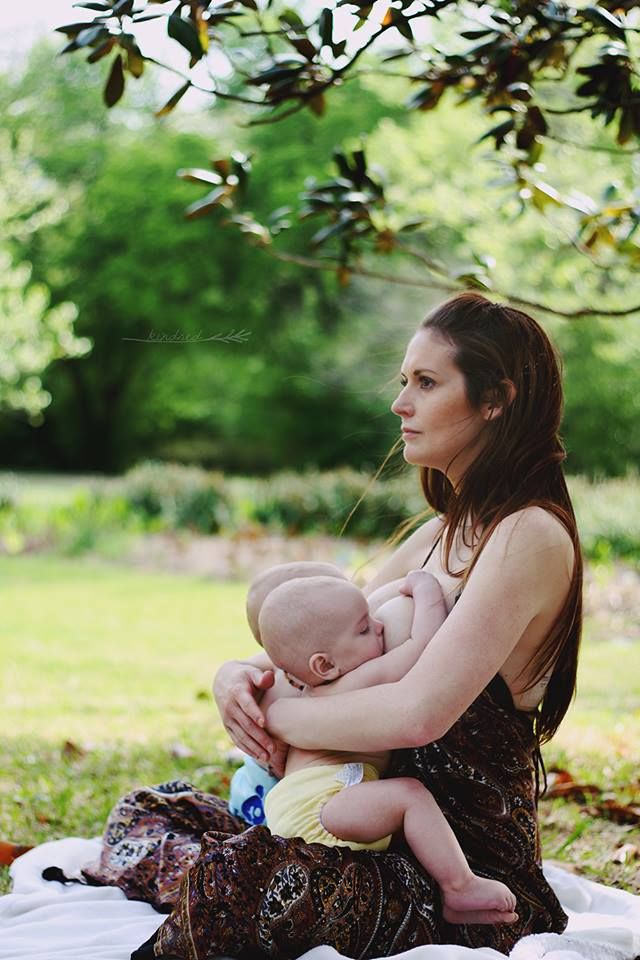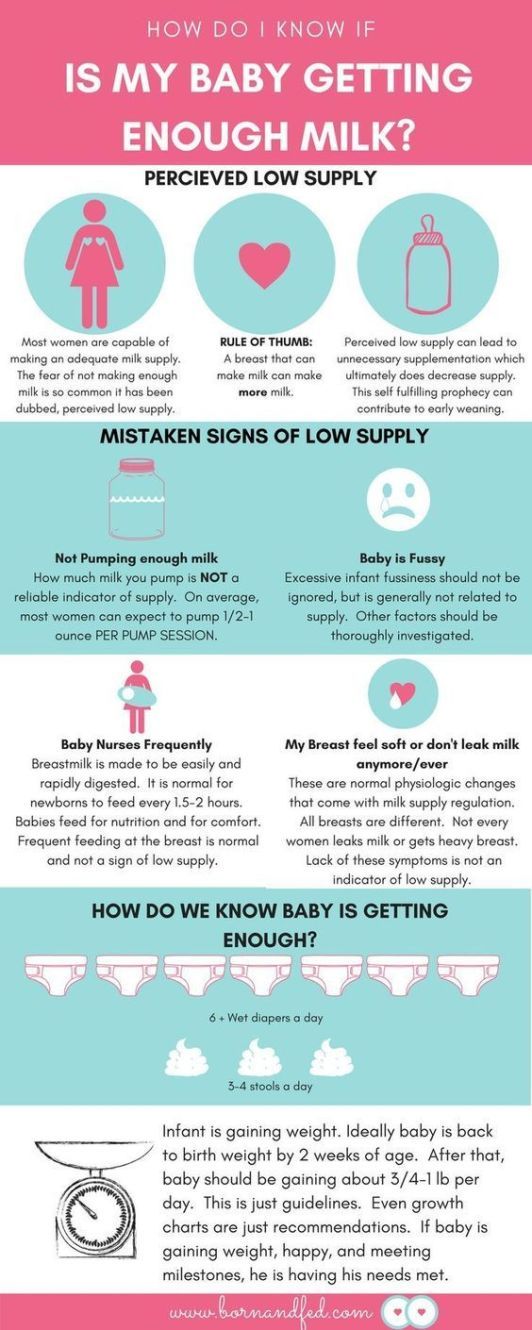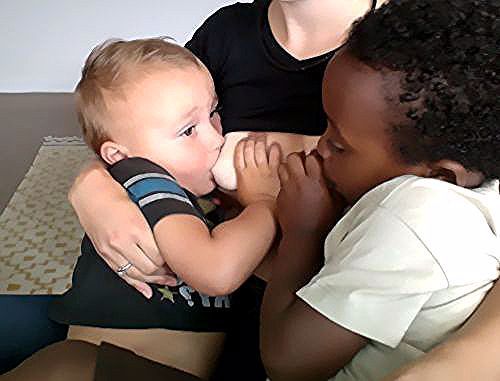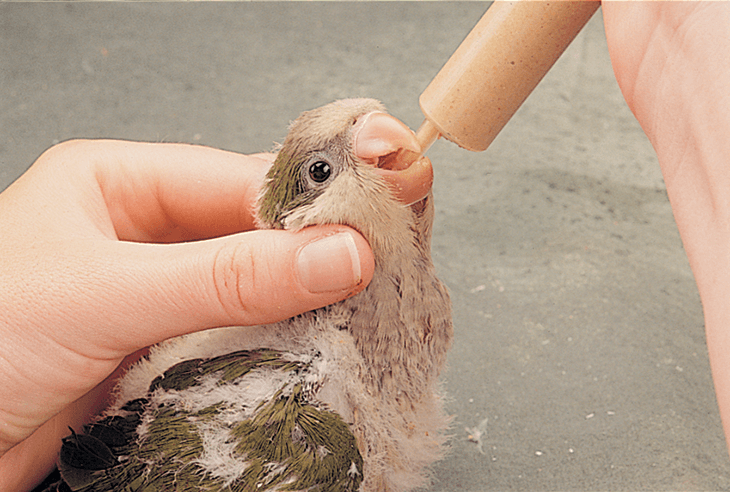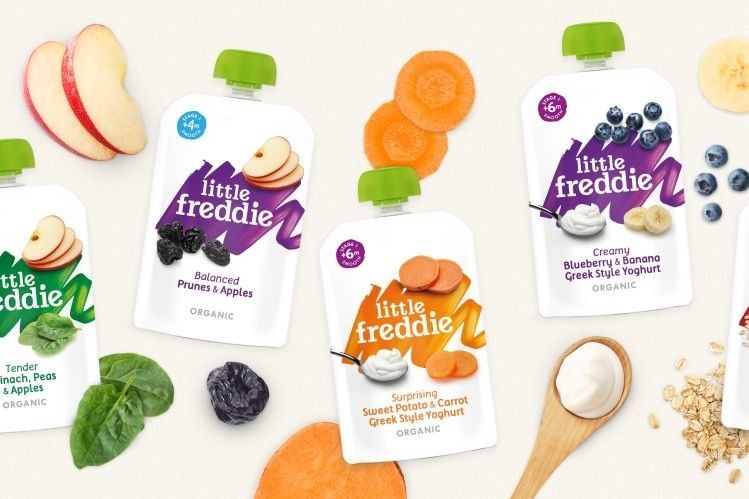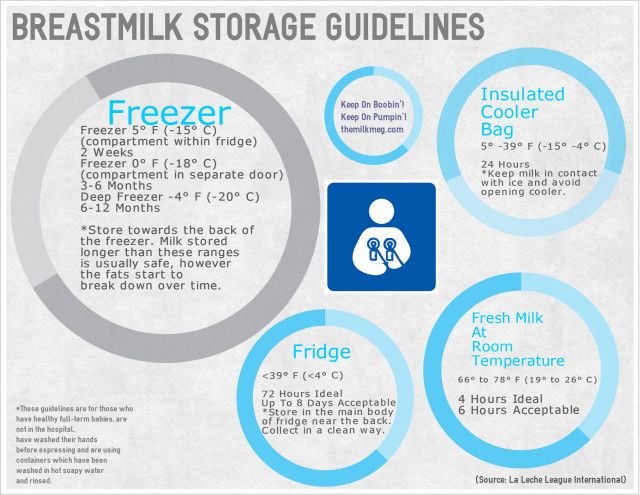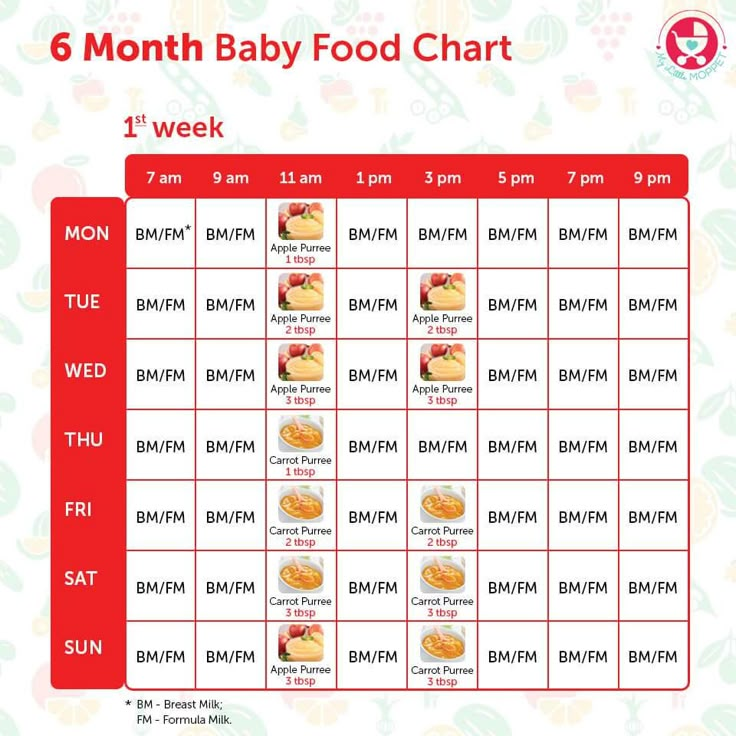Feed the baby of love
Feed with Love and Respect
Feeding a child involves more than providing nutrients; it is an act of love. Whether providing for the very intense hunger needs of a newborn, or serving meals at the family dinner table, parents can use these times to connect as a family and set positive habits around food and eating together.
The newborn's rooting, sucking, and crying reflexes are communications that signal hunger. Parents are naturally primed to pay close attending to infants, but not all of baby's signals are easy to interpret. The more parents learn to identify and meet their baby's needs, the more the baby learns that its communications are effective. This is the foundation of a healthy relationship that parents can build on over time.
Although older children are better able to feed themselves and communicate their needs, parents should continue to respect the child's hunger cues, offer healthy foods, model healthy eating habits, and make mealtimes a time for love and connection.
Breastfeeding is Healthiest for Baby and Mom
- Breastfeeding satisfies an infant's nutritional and emotional needs better than any other method of infant feeding
- Feed on cue, before the stage of crying
- Breastfeeding continues to be normal and important nutritionally, immunologically, and emotionally beyond one year
- Breastfeeding has many benefits for both mother and baby
- Nursing is naturally comforting for babies and meets a baby's sucking needs
Bottle Nursing
- Feeding is one of the primary ways a primary caregiver begins to build a healthy relationship with baby.
- Model bottle feeding on breastfeeding behaviors:
- Hold the baby when bottle feeding, positioning the bottle alongside the breast
- Maintain eye contact, talk softly and lovingly
- Switch positions from one side to another
- Feed on cue instead of schedules
- Pacifiers satisfy a baby's sucking need.
- Associate the bottle and pacifier with being held and having undivided attention
Introducing Solids
- Introduce solids at signs of readiness, not based upon age
- Start slowly with foods that are not likely to cause allergens
- Offer breast or bottle first, followed by solids
- Follow the baby's cue on what and how much to eat; let him develop his tastes naturally - expect a mess and stop feeding them when they're done - don't expect that they will eat much or "finish" after eating a certain amount
- Milk - breast or formula - will remain the primary nutrition source until about 1 year of age
Nurturing a Taste for Nutritious Food
- Model healthy eating habits
- Try to make at least one meal a day a time for connection and community
- Toddlers need to eat small meals during the day and should not be expected to sit at a dinner table for long periods of time
- Encourage a child to follow his bodily cues for hunger and thirst, to eat when he is hungry and stop when he is full.
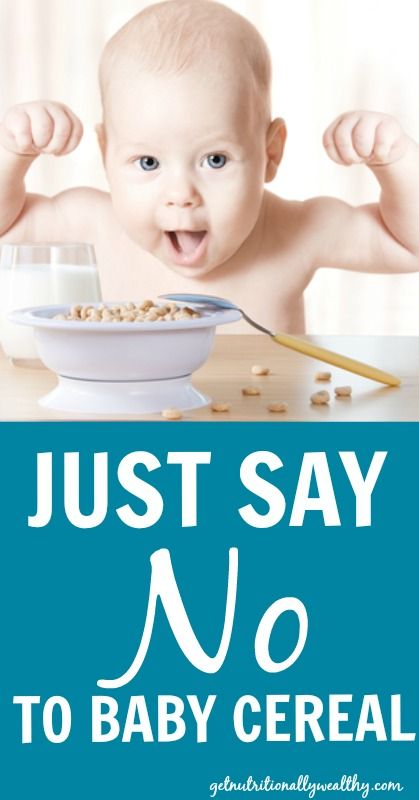
- Forcing a child to eat, or to eat a certain food, is counterproductive and can lead to unhealthy eating habits and potentially eating disorders
- Avoid the use of food as a reward or punishment, or of making food (or dessert) contingent on behavior
- Rather than restricting access to certain foods, consider having only healthy options available in the home and allowing the child to choose
Gentle Weaning
- Weaning begins the moment solid foods are introduced
- Food gradually takes the place of milk in terms of caloric need, but nursing continues to meet many other needs such as comfort and nurturing
- If a mother needs to wean before the child has displayed readiness, proceed gently
Research related to this Principle
- From the Journal of Attachment Parenting
- From 2010 AP Month research
Blog Posts related to this Principle
The Family Table: Stay Connected Through Mealtimes
Feeding Your Baby - BabyLove
TRY A FREE NAPPY SAMPLE BELOW
Beyond Tab Nappies
Beyond Nappy Pants
Nappy Pants
Blogs Back
Feeding your baby in the first year of their life is an exciting journey for parents and babies. It’s all about development, sharing, nutrition, nurture and learning. But it’s also not always the easiest journey to take…
It’s all about development, sharing, nutrition, nurture and learning. But it’s also not always the easiest journey to take…
There are 2 common ways to feed your baby:
- Breastfeeding.
- Formula feeding (Bottle feeding).
1. Breastfeeding:
Why do I need to breastfeed?
Mothers are strongly advised to breastfeed their babies due to the following reasons:
- Breast milk contains colostrum that aids baby’s immune system.
- Lessens the risk of allergy and food intolerances.
- It is high in nutrients, convenient & inexpensive.
- Helps baby feel satisfied & gain weight.
- Helps to contract & shrink mother’s uterus.
- Can help to reduce risk of breast, uterus & ovarian cancer, heart disease and osteoporosis.
- Helps to create a loving bond between mother and baby.
How do I breastfeed?
When breastfeeding, it is best to follow these simple steps:
- Both mother and baby are in a comfortable position (baby’s face, tummy and knees are facing mother’s body, baby’s chin is against the breast and baby’s nose is directly opposite the nipple).
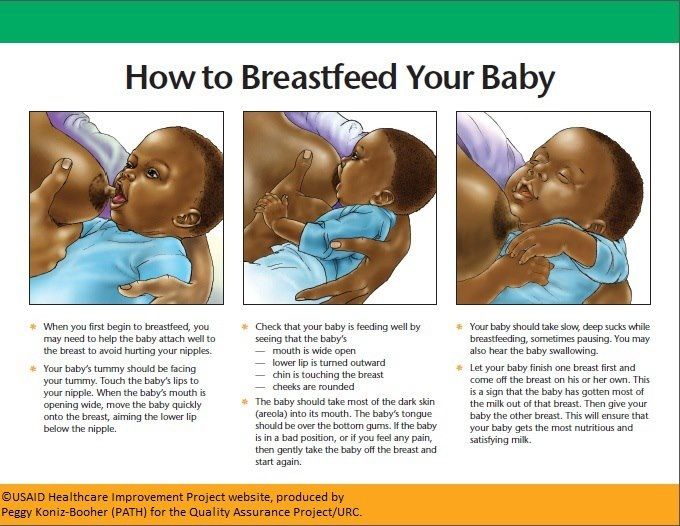
- Gently touch baby’s lips with the nipple to encourage a wide mouth.
- Bring your baby close to you so the nipple and some areola is in the baby’s mouth.
- There are no specific methods on breastfeeding. Follow a method that is comfortable for both the baby and you.
- When baby is attached correctly, for breastfeeding it should not be painful. However tenderness initially is normal.
How frequent do I need to breastfeed?
Babies have strong suck when they are born so if possible offer breast within the first hour of birth.
The actual frequency to breastfeed your baby will depend on your baby’s need and growth spurt. Many young babies will feed around 8-12 times daily or as often as they need.
How do I care for my breasts?
Here are some tips on how to care for your breasts and nipples:
- Take care of your breasts (allowing breast milk to naturally dry on your nipple is ideal due to healing properties in the milk).
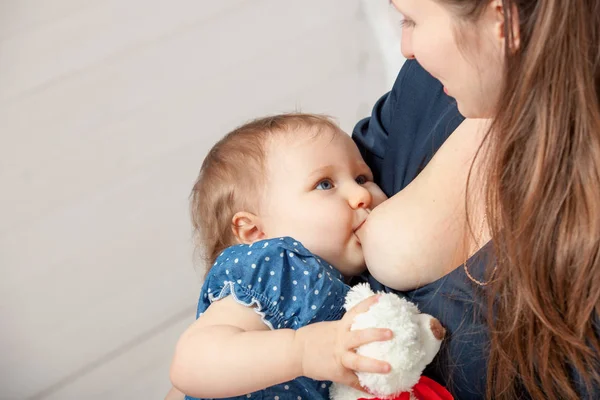
- Change breast pads accordingly.
- Try to alternate breasts when breastfeeding to avoid engorging of breast or pain.
- Avoid cleaning the nipple area with shampoo, soap or other cleanser.
- Apply ointment containing lanolin, or expressed milk.
Note:
New mothers often think that they don’t have enough breast milk for the baby. This is NOT AWAYS TRUE as usually their bodies will naturally produce breast milk according to baby’s requirements. Lactation massages can help to open the milk ducts for better flow.
The best way to know that your baby is getting enough is to count wet nappies (at least 5 very wet nappies per day) and assess weight gains at Maternal and child health clinics.
2. Formula feeding (Bottle feeding):
When formula feeding or bottle-feeding your baby, there are a few tips that might come in handy for mothers to know, such as:
What types of formula are there?
- Cow’s milk based formulas – there is little difference in the nutritional value and quality between brands.
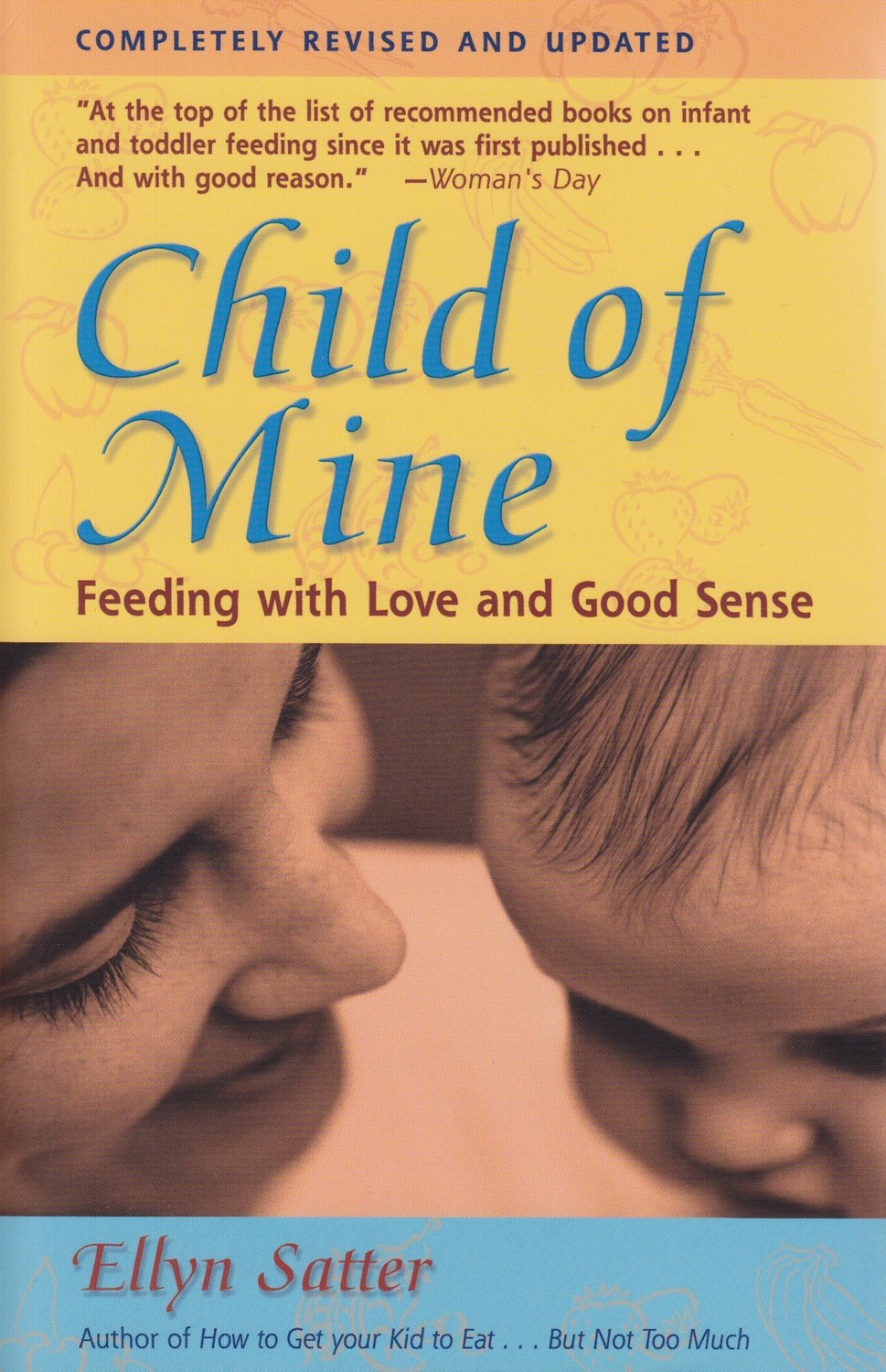 Every formula bought in Australia meets strict Australian Standards.
Every formula bought in Australia meets strict Australian Standards. - Soybean milk (for babies that are allergic to cow’s milk). Often babies that are allergic to cow’s milk proteins will also be allergic to soymilk.
- These formulas can be divided into:
- First stage milk (Whey Based) – suitable for babies from birth up to about a year and are thought to be easier to digest.
- Second stage milk (Casein Based) – designed for hungrier babies and is longer to digest. Nutritionally, your baby will only need first-stage formula, although you may decide to move your baby onto second-stage formula after 6 months.
How do I bottle feed?
The frequency of bottle feeding, techniques and amount of formula required will very much depend on your baby’s requirement. These few tips could provide you with some guidelines when bottle feeding your baby.
- Initially bottle fed babies will feed 6-8 bottles daily.
- Hold you baby close to you when feeding so it is a bonding experience for both of you and help with communication and connecting with your baby.

- Never prop bottles up in baby’s mouth and walk away, leaving bay to manage bottle alone. This can be dangerous and lead to lung infections, ear infections.
Note:
Strictly follow the formula preparation instructions stated on the tins to prevent your baby from getting ill.
Baby’s type of bottles and teats will depend on baby’s feeding requirement:
| No. | Type of bottles | Type of teats |
| 1. | Small bottles (125ml / 4 oz) – suitable for newborns | Latex (feels more like nipples). |
| 2. | Big bottles (250ml / 8 oz) | Silicone (more durable). |
| 3. | Anti-colic bottles | Slow flow (for newborns). |
| Medium flow (babies 3-6 months). | ||
| 4. | Disposable bottles | Fast flow (babies 6 months and above).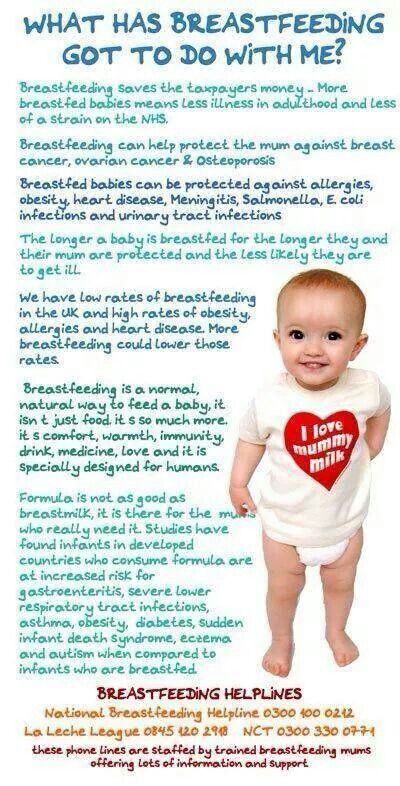 |
How do I clean and sterilise the bottles & teats?
Clean thoroughly using the common bottle brush followed by these sterilising methods;
- Steaming
- Boiling
- Sterile solution
- Microwave sterilisers
Warning:
- When feeding, DO NOT heat bottles in microwave oven! Microwave creates HOT SPOTS that could burn your baby’s mouth.
- Use bottles that are smooth on the inside, with no ribbing or indentations on the inside surface: easier to clean and safer to use.
- Discard left over milk in bottle after feed.
Try A Free Nappy Sample
Be a part of the BabyLove family
Be the first to know about competitions, new products, and specials!
Breastfeeding. Filling with love or forming addiction?
January 18, 2023
Much has been written about the benefits of breastfeeding, and its value to the physical and mental health and development of the child is undeniable.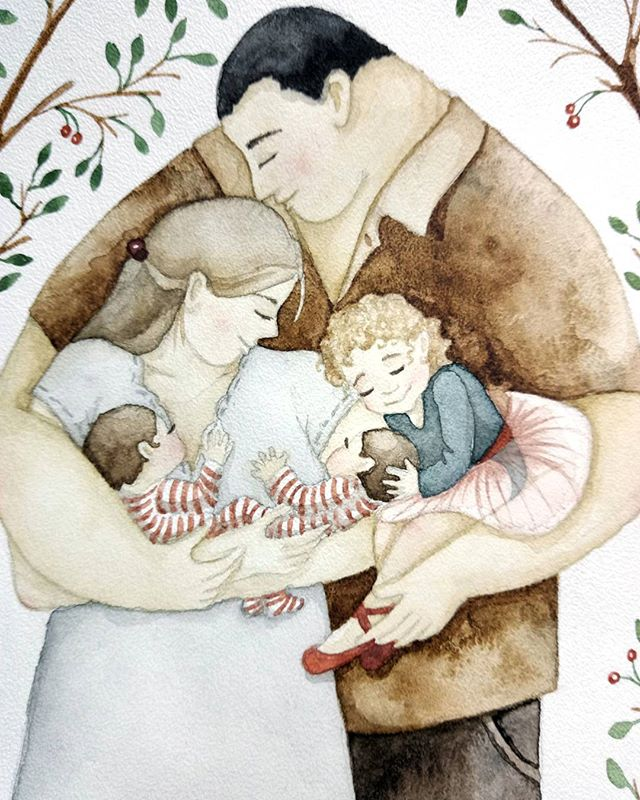 But often, even among experts in the field of motherhood and childhood, disputes arise around the topic of when to stop breastfeeding.
But often, even among experts in the field of motherhood and childhood, disputes arise around the topic of when to stop breastfeeding.
How long do you think a child should be breastfed? The longer the better? There are entire communities of mothers and breastfeeding specialists who are calling for this process to be continued as long as possible. There are examples on the Internet when mothers feed even 6-year-old children, or at the same time 2-3 years old. How useful is this for the physical, and most importantly, for the mental health of the child? Let's figure it out. nine0003
I will share with you my thoughts based on the psychoanalytic approach in understanding how the human psyche develops in the first years of life. And at what point can breastfeeding turn from good to evil.
Breastfeeding and bonding between mother and child
Breastfeeding is not just a procedure for satisfying physiological hunger.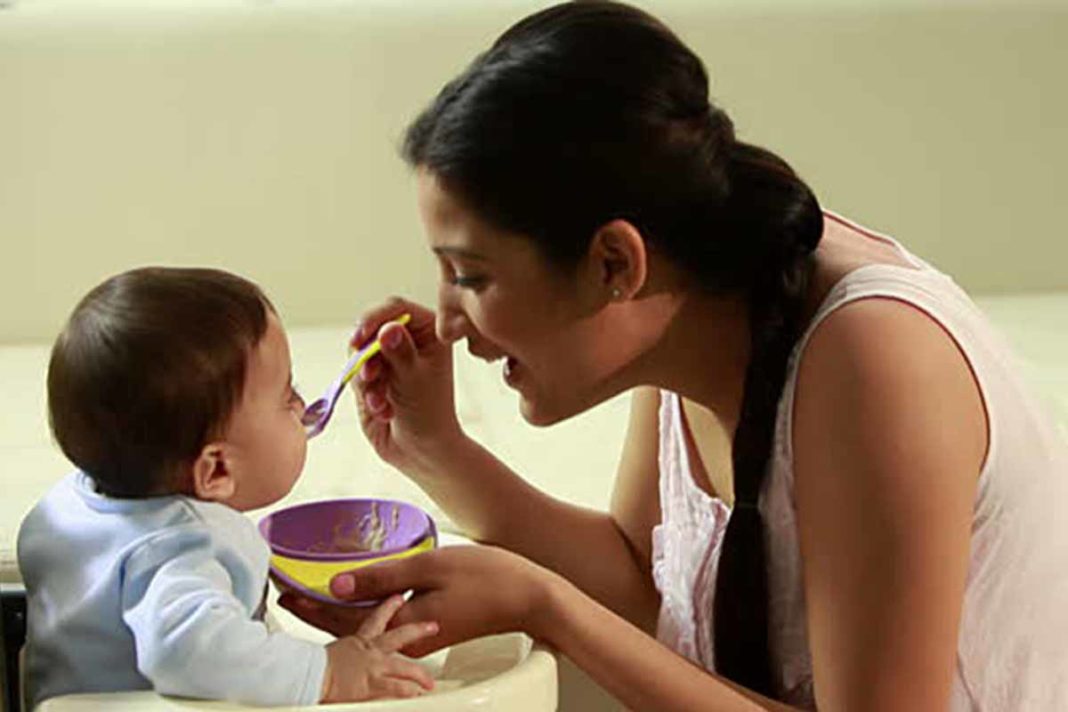 In the process of feeding, a very thin spiritual, emotional connection with the mother is formed in the baby. The radiance of mother's eyes, a gentle, cooing voice, gentle, enveloping hugs - all this is no less important for the development of a child than healthy mother's milk. And everyone knows that babies who grew up in baby houses, where, it would seem, there is feeding and certain care, but deprived of maternal warmth, then often have difficulties in relationships and in creating a family. nine0003
In the process of feeding, a very thin spiritual, emotional connection with the mother is formed in the baby. The radiance of mother's eyes, a gentle, cooing voice, gentle, enveloping hugs - all this is no less important for the development of a child than healthy mother's milk. And everyone knows that babies who grew up in baby houses, where, it would seem, there is feeding and certain care, but deprived of maternal warmth, then often have difficulties in relationships and in creating a family. nine0003
And it's not just about breastfeeding. The first year of life is the most important period for the mental development of the child through the formation of emotional closeness with the mother (or with the person who cares for the child). The passage of this period affects the ability to establish emotionally close relationships in the future, the formation of basic trust in the world.
When a baby is born and the cord is cut, the baby is physically separated from the mother. But the psychological birth of the human personality is still oh so far away. And the first 6-9months, the child and mother are psychologically united, emotionally united. The mother is experienced by the child as a world merged with him, his universe, giving love and care, delicious milk and affection. This is a period of special emotional closeness (symbiosis). Affectionate touches of the mother and a smiling face will broadcast to the baby that he is loved and desired. Conversely, if the mother is anxious or worried, the child will also feel it.
But the psychological birth of the human personality is still oh so far away. And the first 6-9months, the child and mother are psychologically united, emotionally united. The mother is experienced by the child as a world merged with him, his universe, giving love and care, delicious milk and affection. This is a period of special emotional closeness (symbiosis). Affectionate touches of the mother and a smiling face will broadcast to the baby that he is loved and desired. Conversely, if the mother is anxious or worried, the child will also feel it.
What is the role of the father during infancy? Someone may get the impression that since for a child the focus of his world, desires and needs is his mother, then his father, as it were, is not really needed. This opinion is wrong. The role of the pope in this period is very great. After all, the more attention and care will surround the mother and child during this period from the father, the mother will feel more secure and secure. This means that the mother will be calmer, and will be able to immerse herself more in merging with the baby and in motherhood. nine0003
This means that the mother will be calmer, and will be able to immerse herself more in merging with the baby and in motherhood. nine0003
The mother's all-encompassing loving attention gives the child the first idea of himself as a living being. And in the truest sense of the word, along with mother's milk, feelings of love, security and trust in the whole world will be absorbed.
The psychoanalytic approach also explains the importance of this period from the point of view of psychosexual development, and calls the period from birth to 1.6 years the oral stage, from the Latin word "or", which means mouth. That is, this is the period when the main pleasure, satisfaction of both biological and emotional needs in the mother's presence, in mother's milk, is associated with the mouth area. Psychoanalysts have an assumption that the whole world for a child in the period up to 6 months is focused on the mother's breast, which gives both delicious milk and warm emotional contact with her. And you probably noticed that children under the age of one year, first of all, they try to explore any new thing, toy, object through their mouths. But still, emotional interaction and the formation of close relationships come to the fore. nine0003
And you probably noticed that children under the age of one year, first of all, they try to explore any new thing, toy, object through their mouths. But still, emotional interaction and the formation of close relationships come to the fore. nine0003
Let the child not understand the words at first - through the emotional message, through the intonations and facial expressions of the mother's face, important messages are heard. If the mother speaks calmly and smiles, the baby responds with a smile. If mom talks intently, he also becomes serious. The child absorbs the emotional state of the mother. And for the first time, mother helps to designate and connect for the child his bodily and emotional states. Mom's task is to become a "container" for the child's feelings. Mom accepts any emotional manifestations that the baby himself does not understand, which can frighten and flood his psyche. Mom processes them and, emotionally responding, returns them in a digestible version. nine0003
For example, hunger can be experienced by an infant as some kind of incomprehensible sensation that attacks the body, which plunges into an abyss of horror and suffering.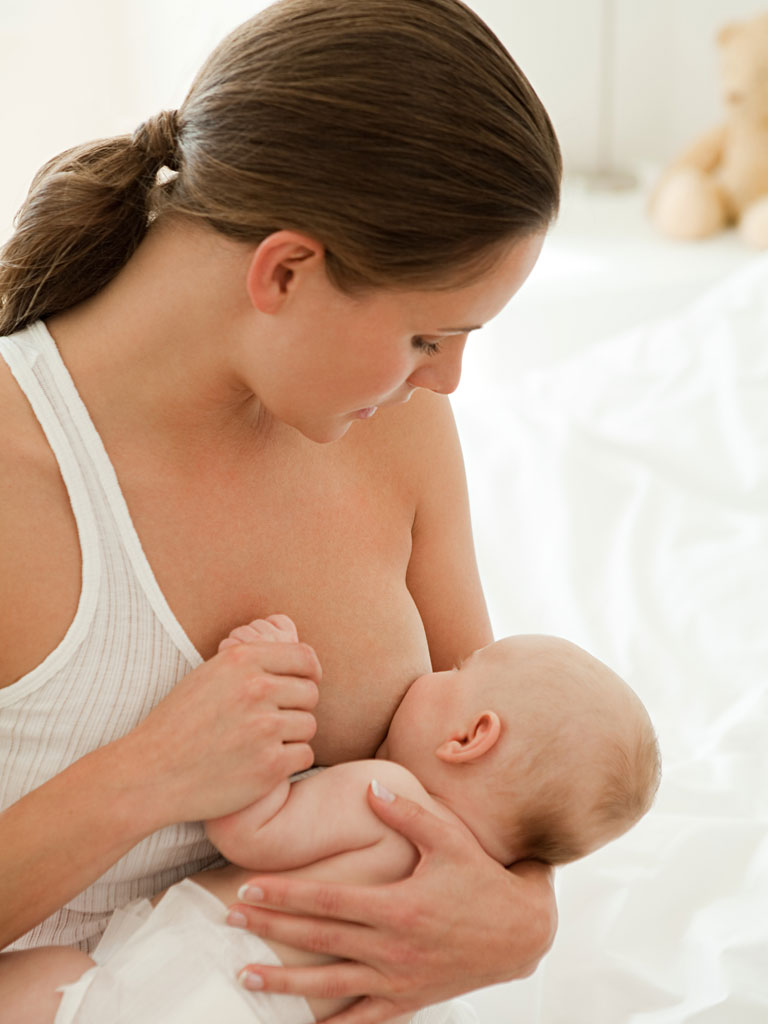 Hearing the cry of a hungry baby, a sympathetic mother can respond: “My little one is so hungry, he gets angry and cries, he calls his mother, he wants to eat. Mom will feed you now. Mom takes him in her arms, feeds, shows care and affection. And also with his words and intonations, he calms and explains to the child his condition. Even if he still does not understand the words, his mother’s intonations, facial expressions, and soothing behavior are broadcast: “What you feel is not terrible horror, but natural sensations - hunger. Mom is with you, you are not alone. Mom is not scared, does not panic, which means you have nothing to be afraid of, nothing terrible happens. ” And also after feeding, seeing a blissful smile on the face of her baby, the mother can say: “My little one drank delicious milk, it became so good, we stopped crying, we smile.” Gradually, the child, in close emotional connection with the mother, thanks to her containment function, begins to form her own idea of her bodily and emotional impulses, and the range of their tolerance expands.
Hearing the cry of a hungry baby, a sympathetic mother can respond: “My little one is so hungry, he gets angry and cries, he calls his mother, he wants to eat. Mom will feed you now. Mom takes him in her arms, feeds, shows care and affection. And also with his words and intonations, he calms and explains to the child his condition. Even if he still does not understand the words, his mother’s intonations, facial expressions, and soothing behavior are broadcast: “What you feel is not terrible horror, but natural sensations - hunger. Mom is with you, you are not alone. Mom is not scared, does not panic, which means you have nothing to be afraid of, nothing terrible happens. ” And also after feeding, seeing a blissful smile on the face of her baby, the mother can say: “My little one drank delicious milk, it became so good, we stopped crying, we smile.” Gradually, the child, in close emotional connection with the mother, thanks to her containment function, begins to form her own idea of her bodily and emotional impulses, and the range of their tolerance expands. nine0003
nine0003
For the breastfeeding woman herself, this process is often filled with her quivering experience of motherhood, the feeling of filling, nourishing, giving life. The woman herself plunges into the touching process of emotional fusion, holding the baby at her breast. Enjoys the feeling of special closeness and connection with the baby. She is proud when she feels that she has a lot of milk.
It would seem, why not continue such a wonderful process of breastfeeding?
But the benefits of breastfeeding after 10-12 months are a big question mark. It is important that breastfeeding, bringing maximum benefit, be completed on time. Of course, there are special situations and individual characteristics in the development of the child, which are important to consider. For example, you should not abruptly stop breastfeeding if the child is sick, there are some stresses.
If, on the whole, the development of the child goes without deviations, then from 4-6 months, the parents gradually accustom him to other food, except for breast milk. And by the age of one, the child is physiologically and psychologically ready to give up breastfeeding and switch to more adult foods. Ideally, weaning occurs naturally. When a baby becomes accustomed to other foods and satisfies his hunger and need for food through more adult food, he will naturally reduce the number of attachments to the breast and the need to suckle. And the baby satisfies the need for mother's attention precisely through emotional interaction with mother. Through her caress and hugs, emotional communication, consolation and games, through tenderness flowing in lullabies and nursery rhymes. nine0003
And by the age of one, the child is physiologically and psychologically ready to give up breastfeeding and switch to more adult foods. Ideally, weaning occurs naturally. When a baby becomes accustomed to other foods and satisfies his hunger and need for food through more adult food, he will naturally reduce the number of attachments to the breast and the need to suckle. And the baby satisfies the need for mother's attention precisely through emotional interaction with mother. Through her caress and hugs, emotional communication, consolation and games, through tenderness flowing in lullabies and nursery rhymes. nine0003
It is on this important point of distinguishing the needs of the child that I would like to emphasize.
It is important that the mother, and thanks to her, the child, be able to distinguish between physiological hunger (the need for food) and emotional hunger (the need for attention, love, comfort). Up to 6 months, since the child's psyche is not developed, these processes will be merged. And during this period, having given the child a breast, the mother satisfies the child's need for both feeding and emotional warmth. But over time, a sensitive mother, by the shades of crying and facial expressions of the baby, can distinguish and understand when the baby is hungry, and when he needs comfort or he is bored. nine0003
And during this period, having given the child a breast, the mother satisfies the child's need for both feeding and emotional warmth. But over time, a sensitive mother, by the shades of crying and facial expressions of the baby, can distinguish and understand when the baby is hungry, and when he needs comfort or he is bored. nine0003
And if up to a year the baby is filled with the attention and love of his mother, and the emotional development proceeds safely, then his psyche becomes more mature. He begins to feel no longer in merger with his mother, but more and more separately. An important period of separation from the parent object begins. Of course, mom is still very much needed! But if the development of the baby proceeds favorably, then the forces that impel him to emotional separation (separation) will become more and more active in him. And this, as you understand, is a necessary condition for the further development of the child and the formation of his independence. nine0003
What role can breastfeeding play after one year in these important processes of child development, emotional maturation and separation from the mother?
Sometimes mothers proudly talk about breastfeeding a child at the age of 2.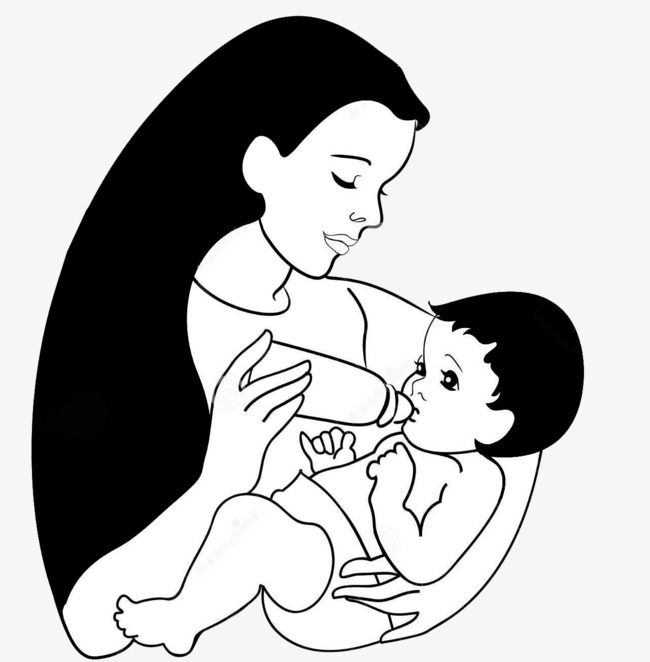 5-3 years. But with a more thorough study of the situation, it turns out that often, when a mother offers a baby a breast, this child does not have a physiological need (hunger), but already a psychological dependence on breastfeeding. That is, he is trying to satisfy not physical hunger, but emotional hunger (when he is nervous, upset, cannot fall asleep - he needs to get his mother's breast). nine0003
5-3 years. But with a more thorough study of the situation, it turns out that often, when a mother offers a baby a breast, this child does not have a physiological need (hunger), but already a psychological dependence on breastfeeding. That is, he is trying to satisfy not physical hunger, but emotional hunger (when he is nervous, upset, cannot fall asleep - he needs to get his mother's breast). nine0003
The situation is quite normal for a child from birth to 6-7 months, when physiological and emotional needs are not yet differentiated. But at an older age, it is important for a mother to recognize these needs of her baby and respond adequately. Feed when baby is hungry. And if the child cries and is naughty because he needs emotional warmth, then it is important for the mother to be able, depending on the situation, to console him, calm him down, lull him, entertain him, cheer him up, entering into emotional interaction. nine0003
Being stuck in a previous developmental phase, where dependency on mom will feed and confusion between physiological and emotional hunger, is not helpful.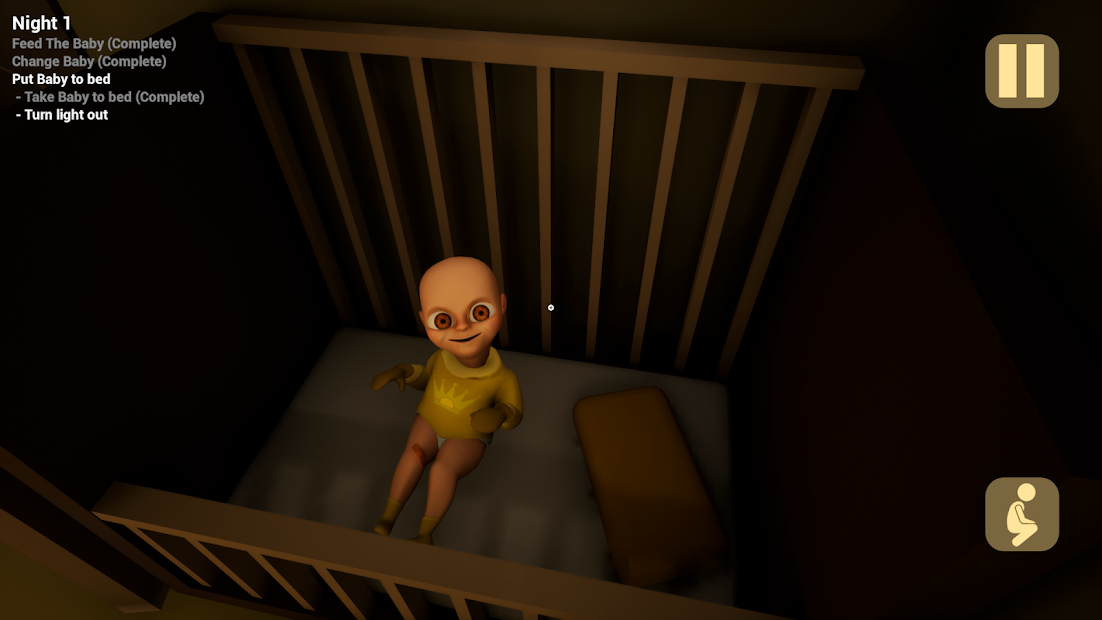
Moreover, children can clearly express their needs. It is important for mom to read them sensitively. Let me explain with an example. My friend and I rode the metro in Moscow. In the train across from us was a young woman with a 10-11 month old baby in her arms. After some time, the child began to whimper, trying to attract the attention of his mother, touching her face with his hands. The young mother focused on the screen of the mobile phone she held in one hand, and did not even look at the child, who was trying to find her eyes with his eyes. With the other hand, she freed her chest from clothing and gave it to the child. We will not now dwell on the issue of breastfeeding a child in a public place. nine0003
I want to focus on something else. The baby, first taking the nipple in his mouth, immediately spat it out. And again he began to make sounds and stroke his mother in the face. Mom tried to breastfeed him again several times. But the baby's anxiety began to grow, he began to cry.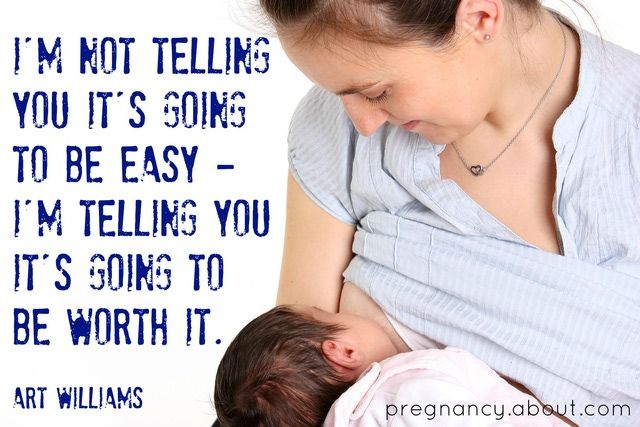 To which my mother did not react in any way, looking at the phone. And then my friend, emotionally and expressively spoke to the boy, smiling at him. The kid broke into an answering smile, looking into the eyes of my girlfriend and carefully examining her. He stopped crying, and began to babble animatedly and joyfully, as if trying to keep up the conversation. The child was not hungry! He needed emotional warmth and attention. He needed, above all, his mother's attention. But the mother, not understanding his needs or not wanting to delve into it, tried both literally and figuratively to shut up the child's mouth. Breast. Not responding to the son's emotional needs. nine0003
To which my mother did not react in any way, looking at the phone. And then my friend, emotionally and expressively spoke to the boy, smiling at him. The kid broke into an answering smile, looking into the eyes of my girlfriend and carefully examining her. He stopped crying, and began to babble animatedly and joyfully, as if trying to keep up the conversation. The child was not hungry! He needed emotional warmth and attention. He needed, above all, his mother's attention. But the mother, not understanding his needs or not wanting to delve into it, tried both literally and figuratively to shut up the child's mouth. Breast. Not responding to the son's emotional needs. nine0003
Perhaps this episode in the interaction between this mother and child is accidental. If we assume that this is typical behavior of a mother who does not understand the needs of the child, does not respond to them, then, alas, the consequences for the further psychological development of the child can be sad. Such a child, who receives care and feeding from his mother, but does not have an emotionally responsive mother, does not have an important emotional closeness with his mother in infancy, it will be difficult to establish close relationships with other people.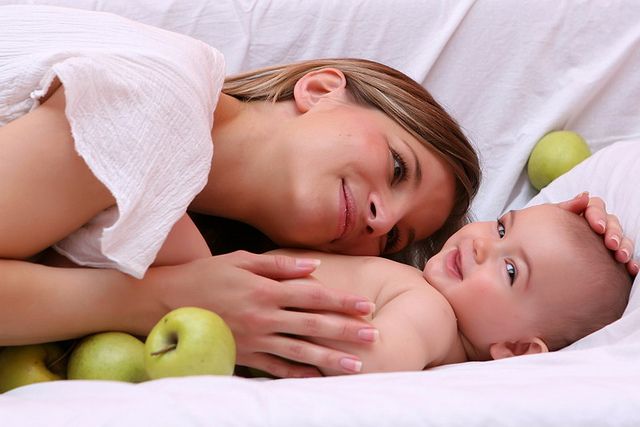 nine0003
nine0003
This is a difficult situation when a mother is not sensitive enough, confuses the physiological and emotional needs of the child. But the consequences can be even sadder when there is a confusion between the needs of the child and the personal needs of the mother.
Now, using an example, I will explain how this can be. The mother of a 2-3-year-old child continues breastfeeding, thinking that she is taking care of his needs. But the baby may already be ready to give up the breast. He needs his mom to help soften the separation process. And the mother, continuing to breastfeed, delaying the period of symbiosis and not letting go psychologically of the baby, unconsciously realizes her needs to feel needed and not face her loneliness. Behind this can be strong suffering, her difficult feelings and experiences that are difficult to face. For example, a mother is single or a difficult relationship with her husband, where she feels unwanted. Then continued breastfeeding is an attempt to hide from loneliness and the opportunity to feel needed for the baby.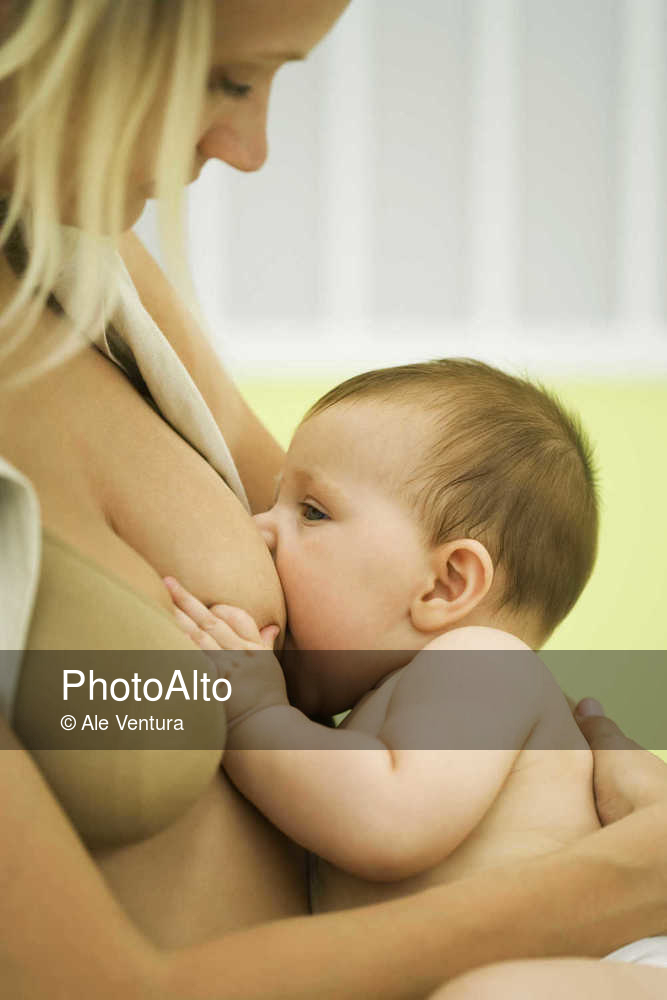 nine0003
nine0003
Or a situation where a woman has difficulties in her sexual relationship with her husband. Which the woman herself may not be clearly aware of. But unconsciously, wanting to avoid sexual intimacy, the woman "evicts" her husband from the matrimonial bedroom. And he explains this by the need to sleep with the baby, so that at night it would be convenient to apply it to the chest without getting out of bed. Of course, there are different stages after the birth of a child. But in the psychoanalytic approach there is an understanding that even a newborn child does not belong in a marital bed. nine0003
Well, if a grown-up child of 2-3-4, or even 5-6 years old, has firmly taken a position in the marital bed next to his mother, and his father was "evicted" to another room, or everyone sleeps together, then it is important to think about what happens in the family? How good is everything between a woman and a man in terms of emotional, mental and sexual relationships? Is the baby and the motive for breastfeeding actually an unconscious way of avoiding solving problems that have matured between spouses? And it is important to solve these problems, and not to hide behind the child.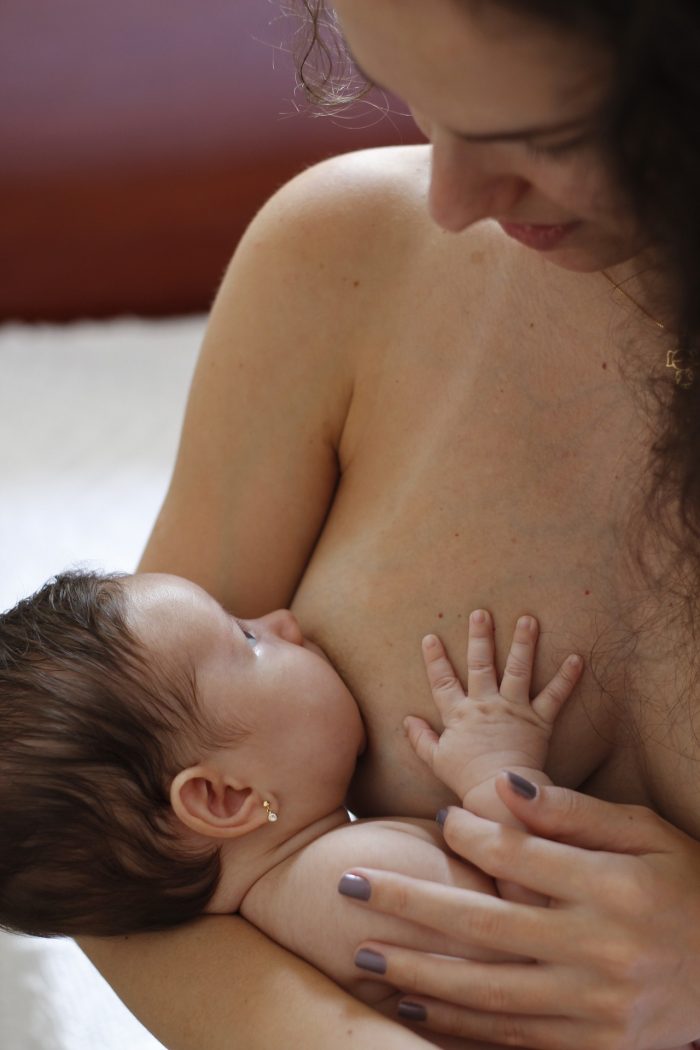 nine0003
nine0003
After all, such a situation with a child in a marital bed can be a disservice, first of all, for the baby himself. A child who has taken the place of a father next to his mother will form a false idea of the family hierarchy and his place in the family, his psychosexual development will be disturbed. The main stages in development will not be harmoniously passed and 3 important aspects will not be mastered, according to the psychoanalytic concept (more on this in the article “Three Important Awarenesses on the Path to Achieving Psychic Maturity”)
In a favorable development scenario, having been nourished by mother's attention and love, comfort in difficult moments, the child will gradually become emotionally more mature, will learn the skills of self-regulation and self-soothing. The processes of emotional separation from the mother (separation) and the development of independence will proceed more gently.
If a mother gives a breast instead of emotional warmth and comfort to an already grown child, then the skills of emotional calming and self-regulation are not formed, the ability to be apart does not develop. The development of the child will be fixed at the previous stage. After all, there will be no opportunity to distinguish between your physiological and emotional hunger. People who have such experiences in childhood, according to psychoanalytic research, have difficulty in understanding themselves, their feelings, bodily impulses, a prerequisite for a confusion of physiological and emotional needs arises. Such a person is prone to respond to emotional needs and stress by eating a problem or drinking alcohol. nine0003
The development of the child will be fixed at the previous stage. After all, there will be no opportunity to distinguish between your physiological and emotional hunger. People who have such experiences in childhood, according to psychoanalytic research, have difficulty in understanding themselves, their feelings, bodily impulses, a prerequisite for a confusion of physiological and emotional needs arises. Such a person is prone to respond to emotional needs and stress by eating a problem or drinking alcohol. nine0003
There are also difficulties in establishing relationships. An excessive attachment to the mother may form. After all, prolonged breastfeeding, which, as we see, is often only the tip of the iceberg of unresolved problems of the mother herself.
The already grown up child continues to merge with his mother. And in an adult, the psychological "umbilical cord" with the mother may not be cut. Then there are difficulties with the creation of his family. Since unconsciously even an adult (man or woman) will feel dependent on his mother.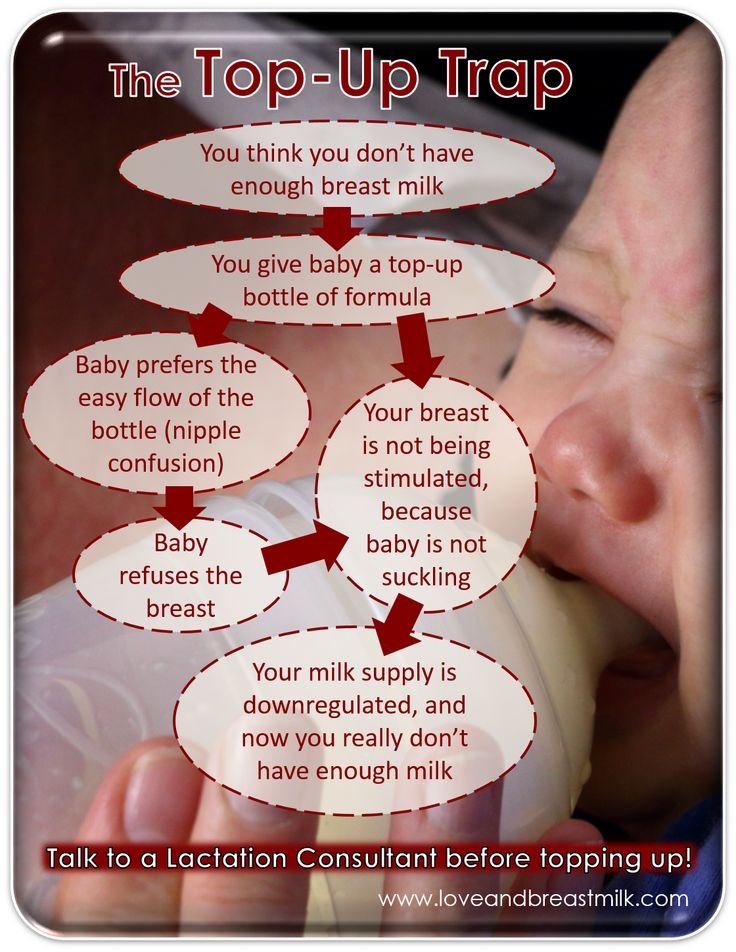 nine0003
nine0003
There may be a tendency towards dependent-codependent relationships with others. A person will seem to be looking for "mother's chest", he will expect that he will be "fed" on demand. May experience intense emotional hunger. But he will not be able to maturely develop relationships and realize his needs with a partner. And will not be able to adequately respond to the needs of a partner. That is, such a suffering person will unconsciously seek a relationship that repeats the relationship in the early years with his mother. He will want to feel special, close to the "mother's chest." At the same time, getting stuck in the infantile position of a small child who cannot “feed” and calm himself. Will wait for this from a partner, and not receiving - will experience disappointment in the relationship. nine0003
See how much there is behind the process of breastfeeding? How important it is for a mother to be able to understand the needs of the child and her own needs, and not to unconsciously abuse the child. And how important it is for mother and child, having been filled with emotional intimacy, having received benefits, not to get stuck in development, to move on to the next natural stage in a timely manner.
And how important it is for mother and child, having been filled with emotional intimacy, having received benefits, not to get stuck in development, to move on to the next natural stage in a timely manner.
Sometimes just knowledge about the physiological and psychological characteristics of these processes is not enough. It is important to think about the vicissitudes of the unconscious scenarios that can guide these processes. Often they are passed down from generation to generation, literally with mother's milk. And they bring suffering if these are pathological scenarios. We do not remember ourselves in infancy, and only from the stories of our parents and through their eyes can we restore the picture of our early childhood. But holding your baby in your arms, you can ask: “How do I feel when I look at my baby? What is driving me now? Do I really understand the needs of my baby well enough, show love, consciously take care of him? Or am I driven by my own needs? Or maybe I am guided by an unconscious script that I myself do not yet understand? nine0003
It's good if there is trust between spouses in the family and the opportunity to discuss everything that worries about issues related to the development and upbringing of the child, and about family relationships.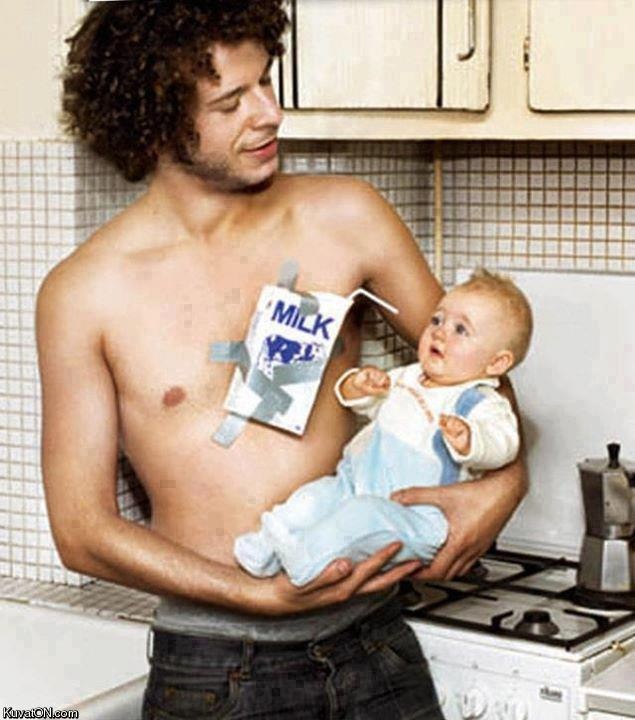 You can look together for answers to important questions and solutions.
You can look together for answers to important questions and solutions.
It is important not to be alone with these experiences. Your needs and feelings are very important! You can also look for answers to these important questions in cooperation with a psychologist. In an atmosphere of support and attention, you will be able to better understand your needs, the needs of your child, partner, you will be able to rethink your life, understand your unconscious scripts from childhood, heal your childhood wounds, and build warmer relationships in the family. nine0003
Author of the article: psychologist Vera Lobeiko
A child just needs to be loved and properly fed!
A conversation with a professor on simple but important topics
About the most important thing in the life of every family - the health of children, a conversation with a pediatrician professor, head of the KSMA department, corresponding member of the Academy of Sciences of the Republic of Tatarstan, Honored Scientist of the Russian Federation and Tatarstan Stanislav Maltsev.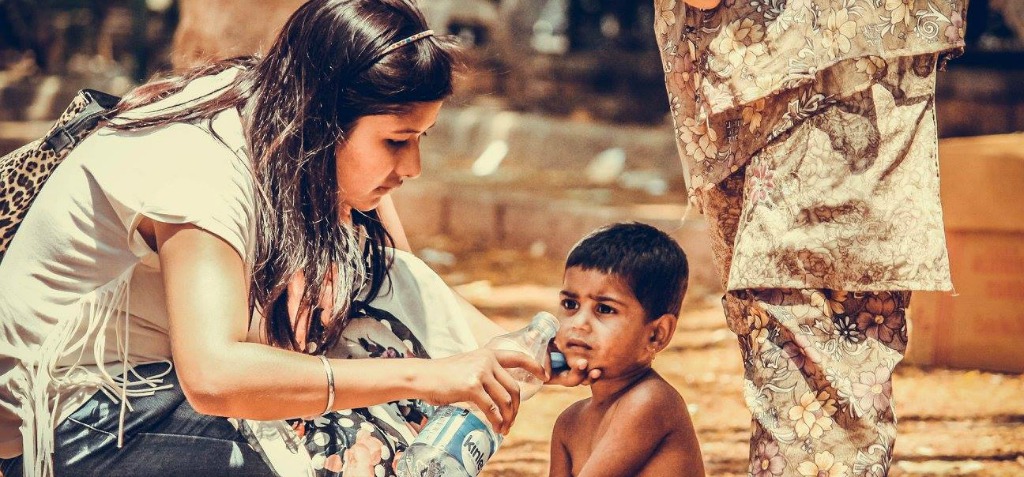
- Stanislav Viktorovich, how many healthy children are being born now?
- Ten percent. It's a vicious circle: unhealthy children are unhealthy teenagers who then become unhealthy parents and give birth to unhealthy children. Just think about it: two-thirds of pregnancies are pathological. Almost half of the newborns are then admitted to neonatal pathology departments for examination and treatment. And from there they are discharged with a mass of diagnoses. Then the struggle begins: for breastfeeding, with allergies, dysbacteriosis ...
— Does school exacerbate ill health?
- This is a common misconception! The child comes to school already sick: with a violation of posture, diseases of the digestive system, helminthic invasions, pathology of the nasopharynx, allergic pathology. These diseases do not go away during the study. On the contrary, they are progressing, their number is increasing. The modern school, unfortunately, does not bring health improvement. Everything is complicated by the fact that there is a so-called intensification of the educational process: new curricula, new subjects. All of them are mainly designed for gifted children, but only 40% of them are. As a result, according to the chief sanitary doctor of Russia Gennady Onishchenko, 80% of schoolchildren experience difficulties in mastering the school curriculum. nine0003
Everything is complicated by the fact that there is a so-called intensification of the educational process: new curricula, new subjects. All of them are mainly designed for gifted children, but only 40% of them are. As a result, according to the chief sanitary doctor of Russia Gennady Onishchenko, 80% of schoolchildren experience difficulties in mastering the school curriculum. nine0003
— How can you help children?
- I am convinced that no ministries-departments and no programs will change anything if the institution of the family is not transformed! Now children in the family of working parents are clearly not given enough attention. Often communication with the child is carried out by phone. Mom called from work: “Are you home already? Have you eaten? - and calmed down. And the fact that he does not walk, sits for hours at the computer or at the TV, does not bother her much. As a result, fresh air is only on weekends, and then not always. Another example: we identify a pathology in a child, sometimes very serious, we offer to hospitalize him for examination and treatment, but the parents do not agree: "No, he will fall behind the school. " nine0009 And look how children eat! For breakfast - a sandwich with tea. At lunchtime - a snack. Soup, perhaps, the child will eat in the evening, but without a second. Few fruits, vegetables too, dairy products - sometimes. The results of the analysis of the nutrition of schoolchildren - one disorder! Even in prosperous families, the diet of schoolchildren lacks protein, fats, vitamins, and microelements. And in single-parent families, children per kilogram of mass receive only a gram of protein at a rate of 2.2. That is, they are simply malnourished! And if earlier we talked about obesity in 20-25% of children, now it is much less common. nine0009
" nine0009 And look how children eat! For breakfast - a sandwich with tea. At lunchtime - a snack. Soup, perhaps, the child will eat in the evening, but without a second. Few fruits, vegetables too, dairy products - sometimes. The results of the analysis of the nutrition of schoolchildren - one disorder! Even in prosperous families, the diet of schoolchildren lacks protein, fats, vitamins, and microelements. And in single-parent families, children per kilogram of mass receive only a gram of protein at a rate of 2.2. That is, they are simply malnourished! And if earlier we talked about obesity in 20-25% of children, now it is much less common. nine0009
— But busy and well-earned mothers can afford ready-made food from supermarkets. I put the plate in the microwave - and that's it!
- Food from supermarkets is food on duty. It is too fatty, with fillers... Wholesome food should be close to natural. It is no coincidence that the "new Tatars" and "new Russians" (I know personally) do not eat frozen meat.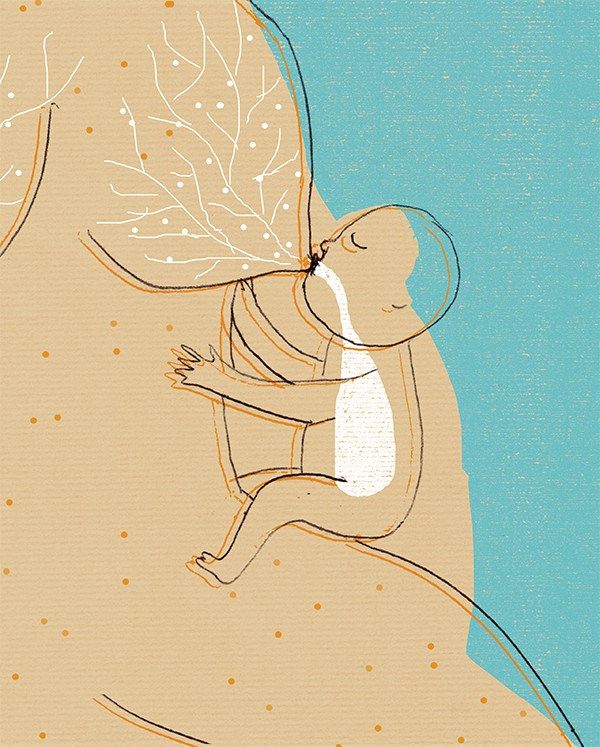 They bring steam from the village. When we conduct a survey among parents, when asked if your child eats meat, many answer yes, he eats sausages and sausages. But it's not meat! And not baby food. I would organize general education for parents in schools, where I would explain how to eat right. Yes, a lot has changed in school canteens. Now cooks are trying not to add margarine to their dishes, but before this product was considered healthy. It is necessary to educate parents, tell them about the three pillars that can ensure a healthy long life for their children. These are physical activity, rational nutrition and intellectual activity. nine0003
They bring steam from the village. When we conduct a survey among parents, when asked if your child eats meat, many answer yes, he eats sausages and sausages. But it's not meat! And not baby food. I would organize general education for parents in schools, where I would explain how to eat right. Yes, a lot has changed in school canteens. Now cooks are trying not to add margarine to their dishes, but before this product was considered healthy. It is necessary to educate parents, tell them about the three pillars that can ensure a healthy long life for their children. These are physical activity, rational nutrition and intellectual activity. nine0003
— What should be a rational diet?
- I will answer with a quote from the great Russian pediatrician Vorontsov: "There should be five products in five different colors on the table." That is, food should be varied! This is meat, preferably not frozen (it is not in vain that they now produce refrigerators with the ability to store food at zero temperature).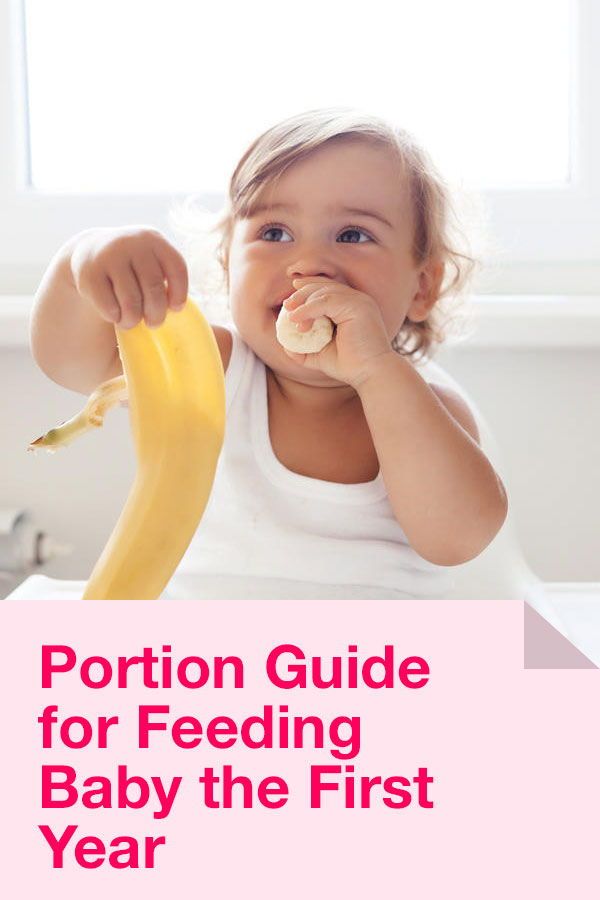 In frozen meat, especially during long-term storage, histamine accumulates, which gives pronounced reactions similar to allergic ones. The second is fruits and vegetables. And not bananas and kiwi, in which there is little useful for a person of our strip and to which many children give allergic reactions. And cabbage, carrots, beets, potatoes. Salads from them should be on the table every day. And of course, dairy products are not in bags with a long shelf life, they contain a milk drink. Milk should be fresh, it should be drunk at least half a liter a day. Plus, eat cottage cheese up to 100 grams and cheese 50 - 70 grams. nine0003
In frozen meat, especially during long-term storage, histamine accumulates, which gives pronounced reactions similar to allergic ones. The second is fruits and vegetables. And not bananas and kiwi, in which there is little useful for a person of our strip and to which many children give allergic reactions. And cabbage, carrots, beets, potatoes. Salads from them should be on the table every day. And of course, dairy products are not in bags with a long shelf life, they contain a milk drink. Milk should be fresh, it should be drunk at least half a liter a day. Plus, eat cottage cheese up to 100 grams and cheese 50 - 70 grams. nine0003
— But it's impossible to eat!
— Do you know that half of the population of our country suffers from osteoporosis? This is a colossal problem, more abruptly than oncological diseases! Hip fractures, vertebral fractures and back pain due to a dislike for milk. More often this is a consequence of the fact that the child did not receive breast milk in childhood. Sometimes there are young mothers who refuse to breastfeed their baby. The question arises: why give birth? Give a child one and a half to two years of your life while he is small. Indeed, what a child receives in utero and in the first year of life depends on his health at the age of 40-50 (the so-called programmed nutrition). Future strokes, obesity, heart attacks, bone fractures, spinal diseases - all these problems come from childhood. The biggest trouble in a family is if a woman, for various reasons, does not breastfeed her baby. nine0003
Sometimes there are young mothers who refuse to breastfeed their baby. The question arises: why give birth? Give a child one and a half to two years of your life while he is small. Indeed, what a child receives in utero and in the first year of life depends on his health at the age of 40-50 (the so-called programmed nutrition). Future strokes, obesity, heart attacks, bone fractures, spinal diseases - all these problems come from childhood. The biggest trouble in a family is if a woman, for various reasons, does not breastfeed her baby. nine0003
- Advertising makes us feel inferior if we do not use vitamin-mineral complexes. How justified is this?
- I agree with this. Food cannot deliver the required amount of vitamins to a person. In addition, the amount of it that we eat does not correspond to our physical activity (after all, we do not carry weights, we practically do not do physical labor). Since there is less load, less food, it means that there will be less food components necessary for life - protein, vitamins, microelements. We have come to the conclusion that more often our main food is refined, devoid of important components: deficiency of vitamins, coarse fiber. It is no coincidence that the chief sanitary doctor of Russia, Gennady Onishchenko, calls our food “garbage”. It carries a huge amount of "impure" components, dyes, sweeteners. nine0003
We have come to the conclusion that more often our main food is refined, devoid of important components: deficiency of vitamins, coarse fiber. It is no coincidence that the chief sanitary doctor of Russia, Gennady Onishchenko, calls our food “garbage”. It carries a huge amount of "impure" components, dyes, sweeteners. nine0003
— A midwife I knew complained that the babies were getting big, the mothers were feeding the fetus.
- Large children are most often born to women with diabetes mellitus or it is a genetic predisposition. The problem is different - a pregnant woman should receive 2500 - 3000 kilocalories per day and a varied diet. And he gets two times less. There is a deficiency of protein, zinc, and vitamins. So premature babies are born, often with developmental defects. It is worrying that adolescents are weakening their attitude towards creating a family and having children, which is the result of a lack of proper upbringing from childhood. nine0003
— Why then do you need the most thorough examinations of pregnant women?
— All women undergo examination during pregnancy. However, not everyone follows the doctor's recommendations. This applies to both nutrition and daily routine. Many continue to smoke, drink alcohol, caffeinated drinks. Therefore, the result of pregnancy is unexpected in terms of children's health. Insufficient awareness of the image of a woman - the successor of the family, takes place not only in the girl herself, but also in her immediate environment. The result is an accidental pregnancy, abortions in adolescence, an underestimated level of procreation, or infertility. nine0003
However, not everyone follows the doctor's recommendations. This applies to both nutrition and daily routine. Many continue to smoke, drink alcohol, caffeinated drinks. Therefore, the result of pregnancy is unexpected in terms of children's health. Insufficient awareness of the image of a woman - the successor of the family, takes place not only in the girl herself, but also in her immediate environment. The result is an accidental pregnancy, abortions in adolescence, an underestimated level of procreation, or infertility. nine0003
— Are people also fleeing abroad from bad ecology?
— Western people are more careful about their health. Professional examinations and following the advice of a doctor are a rule for them. They are really fighting to lower their cholesterol and sugar levels - the loss of health for them means the loss of a job. And this is a crash!
— Are there healthy nations in the world?
- It is believed that these are the Scandinavian countries, New Zealand and Australia, where there are fewer ecopathogenic factors and people are healthier. There you can open the tap and drink water. In our country, water is the source of many troubles. In it, as I said, there are salts of heavy metals, and worm eggs, and Giardia cysts, and Helibacter - this is a microbe that causes gastritis and stomach ulcers in humans. It is important to observe not only the elementary rules of behavior, but also the food culture. And of course, lead a healthy lifestyle. The whole world has long ceased to smoke or smokes little. In our country, among teenagers, 18-32 percent smoke. Therefore, abroad it is not so much about medicine and medical duty, but about how to be healthy, what a person himself should do. nine0003
There you can open the tap and drink water. In our country, water is the source of many troubles. In it, as I said, there are salts of heavy metals, and worm eggs, and Giardia cysts, and Helibacter - this is a microbe that causes gastritis and stomach ulcers in humans. It is important to observe not only the elementary rules of behavior, but also the food culture. And of course, lead a healthy lifestyle. The whole world has long ceased to smoke or smokes little. In our country, among teenagers, 18-32 percent smoke. Therefore, abroad it is not so much about medicine and medical duty, but about how to be healthy, what a person himself should do. nine0003
- What would you rate the health of Russians?
— Bad, very bad... The only encouraging thing is that recently there have been shifts in people's minds. Go to hypermarkets in the evening - how many intelligent people there are, healthy youth! I think that all people will gradually change their attitude towards their health.
- Stanislav Viktorovich, I have a frequently ill child. How justified is the use of immunomodulators-immunostimulants?
How justified is the use of immunomodulators-immunostimulants?
- "Frequently ill child" is not a diagnosis. In each case, it is necessary to specifically deal with the parents together with the doctor. And find out what is the cause of frequent diseases, what kind of pathology is this? Immunomodulators should be prescribed only in combination with other means after finding out the causes of frequent morbidity and building a plan for the recovery of the child. nine0003
- One of my friends didn't take the child to the clinic for religious reasons. She did not vaccinate and brought down his temperature with some herbs. Is it possible to trust folk remedies so much?
— Only a dark woman can do that! Man lives in a world inhabited by microbes. It just seems that brucellosis, measles, cholera are a thing of the past. It is very dangerous not to be vaccinated now. As for folk remedies... If a child gets sick, he has a fever, then it is reasonable not to give him antibiotics right away, but to do with folk remedies - rub vodka at a temperature of more than 38 degrees, give tea with honey, make foot baths.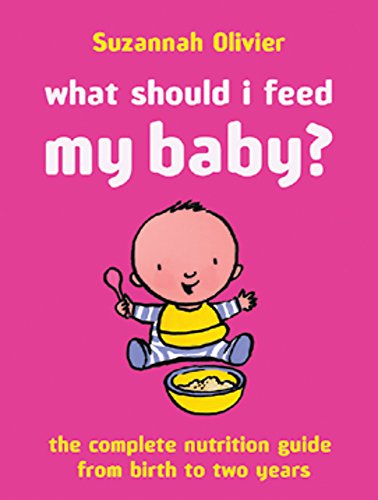 Another thing is if the temperature lasts for three days or more, the throat hurts, cough - in this case, you can't get by with herbs. It is necessary to resolve all issues of treatment with the doctor. nine0003
Another thing is if the temperature lasts for three days or more, the throat hurts, cough - in this case, you can't get by with herbs. It is necessary to resolve all issues of treatment with the doctor. nine0003
— We have been taking the child to the sea for the second year. Upon arrival, he falls ill. Is it worth taking it next year?
- In your case, you just need to consult with the pediatrician who is taking care of the child. Swimming in the sea, of course, is a healing procedure, but sometimes it is more useful to spend money on a sanatorium. Or, for example, young wealthy parents come to me for a consultation and ask if it is possible to take a child of 6 months to the United Arab Emirates? In such cases, I am categorical: no, you can’t! This is a risk for a small child, for whom additional insolation is not useful, and the food there is different, and palm trees with women in hijabs are also not interested. nine0003
- Now there is a widespread belief that there is no need to cook a baby at home.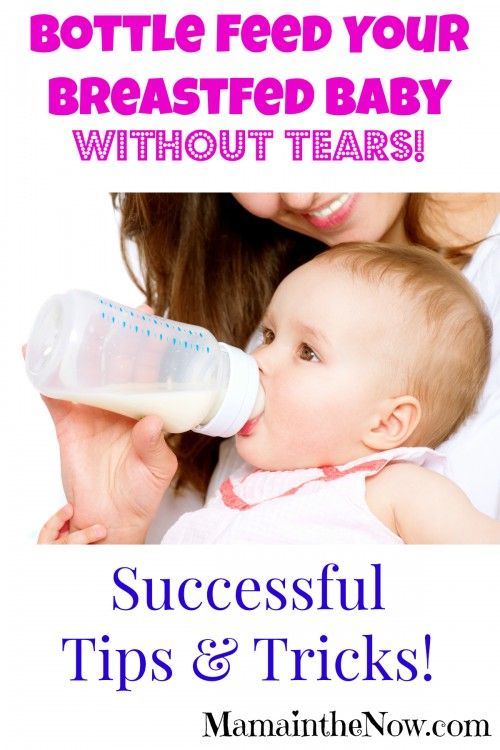
- This is for lazy mothers! You yourself try to eat two tablespoons of factory-made barley with zucchini daily. On the fourth day you will start to feel sick. Isn't a small child a human being? Another thing is freshly made puree made with love, fresh meatball or cutlet, fresh vegetable soup with sour cream.
- At what age can you give a child carbonated drinks? nine0003
- Children should not use them at all.
— How do you feel about diets?
- Not for kids! If a girl refuses to eat, makes herself vomit, this is a serious mental illness. Otherwise... Vegetarianism, religious fasting can be useful. You just need to remember that if the weight is less than 56 kilograms, then this is a huge risk of osteoporosis. A woman should not only have attractive forms. But many do not know, of course, that the hormones estrogen and vitamin D are deposited in fatty tissues.
— An eight-month-old baby was prescribed Novopassit. Can a child be given sedatives?
- Some doctors, like all people, are subject to fashion trends.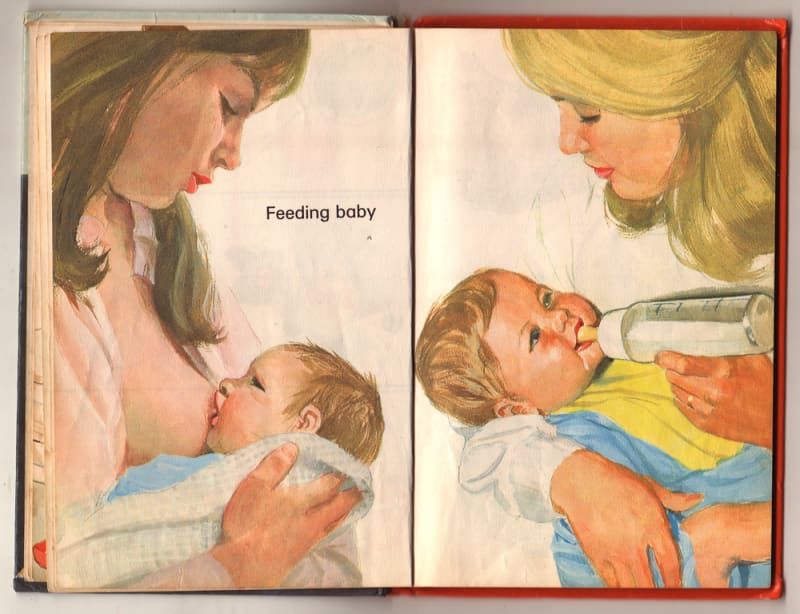 Of course, this drug is mild and can be given to a child. On the other hand, increased activity and anxiety of the baby can be symptoms of the disease. Often, a child's hyperactivity is not so much a sign of a disease of the nervous system, but a consequence of defects in upbringing (this is the so-called syndrome of the only child in the family, a little hooligan). The child's behavior can be influenced by hereditary factors, an allergic factor. Children are all different. But still, they are our children. nine0003
Of course, this drug is mild and can be given to a child. On the other hand, increased activity and anxiety of the baby can be symptoms of the disease. Often, a child's hyperactivity is not so much a sign of a disease of the nervous system, but a consequence of defects in upbringing (this is the so-called syndrome of the only child in the family, a little hooligan). The child's behavior can be influenced by hereditary factors, an allergic factor. Children are all different. But still, they are our children. nine0003
Previous
Weight monitoring. What tests to pass with its excess?
Simple ways to estimate the norm of weight. What tests to pass with its excess?
Next
T-SPOT - an alternative to Mantoux without injections and side effects
When conventional tests are contraindicated. BCG is not a hindrance to us
To foresee is to control
Once again about the attitude towards oneself. Why is it profitable to allocate funds for surveys? nine0003
Dr.